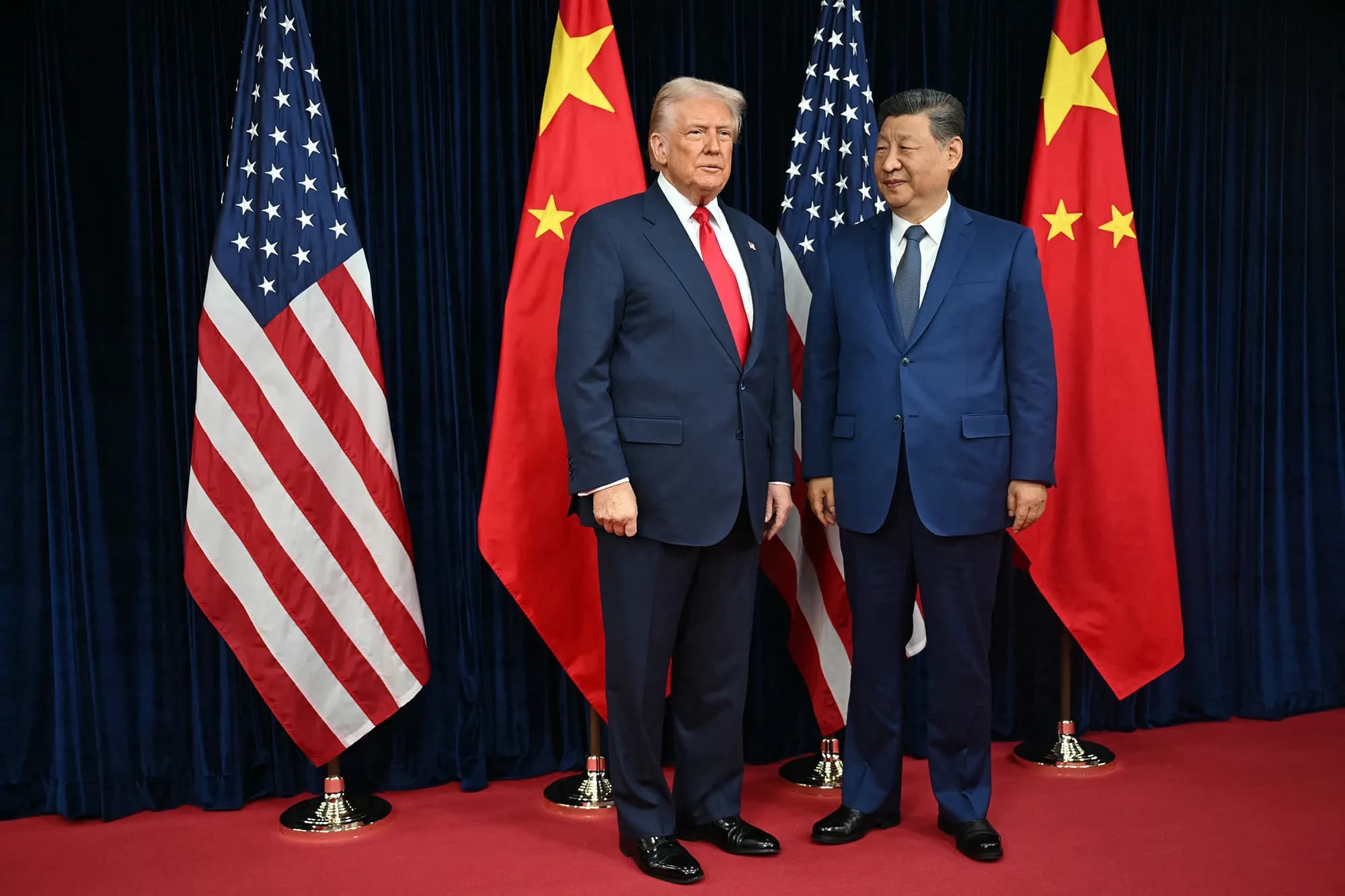US-China Trade Truce Sees Tariffs Cut by 10%, Rare Earth Restrictions Paused for One Year

Busan, South Korea – A significant trade truce was forged between the United States and China on October 30, 2025, following a meeting between US President Donald Trump and Chinese President Xi Jinping in Busan. The agreement includes a one-year suspension of China's rare earth export controls and a 10% reduction in US tariffs on Chinese goods, aiming to de-escalate trade tensions between the world's two largest economies.
President Trump confirmed the deal, stating, "All the rare earth has been settled," and announced the reduction of "fentanyl-related tariffs" from 20% to 10%. This adjustment effectively lowers the overall US tariff rate on many Chinese imports from 57% to approximately 47%. In a reciprocal move, the US also agreed to pause new Entity List restrictions that had tightened controls on Chinese firms' access to US technology.
The agreement comes after China had recently imposed sweeping new curbs on rare earth exports, leveraging its near-monopoly in the processing of these critical minerals essential for high-tech industries. According to Finbarr Bermingham, a prominent trade policy journalist, this development put the European Union in a "tight spot" ahead of its own scheduled talks on export controls with China. Bermingham noted, "> If anything, Trump-Xi talks have emphasised the tight spot the EU is in going into tomorrow's talks on export controls with China."
The temporary easing of restrictions on rare earths offers short-term relief to global supply chains, particularly for industries reliant on these materials for electric vehicles, smartphones, and defense applications. China's move to suspend these controls for a year, alongside the US tariff reduction, is seen as a strategic concession from both sides to stabilize their economic relationship. The US also paused probes and investigations into several Chinese technology companies, creating a more favorable environment for business interactions.
Despite the immediate de-escalation, analysts suggest the truce is a one-year reprieve rather than a fundamental resolution of underlying geopolitical and economic tensions. Experts compare the current agreement to the "Phase One" trade deal from Trump's first term, highlighting that deeper structural issues between the two nations remain unresolved. The EU's ongoing efforts to diversify its rare earth supply chains underscore the persistent global concerns about reliance on a single source.